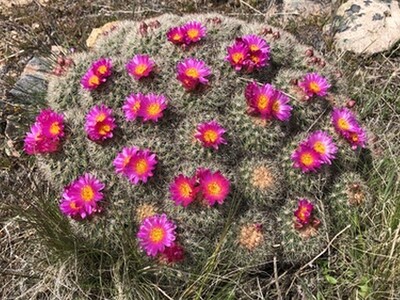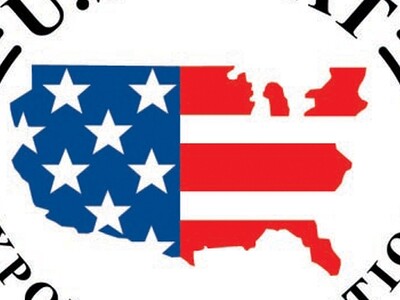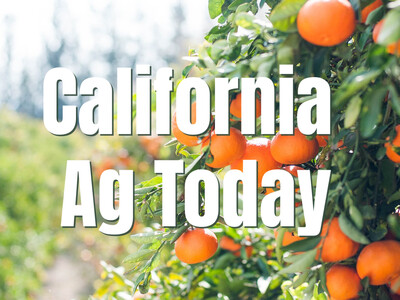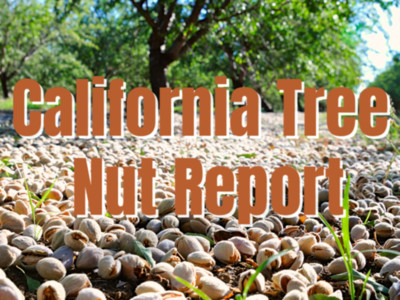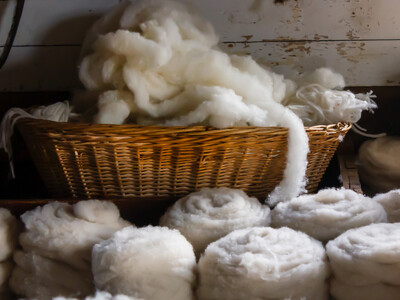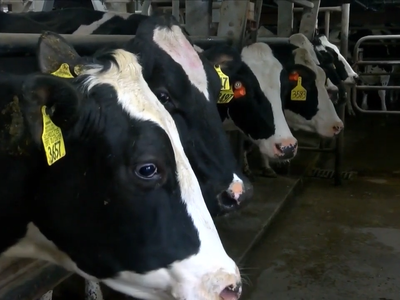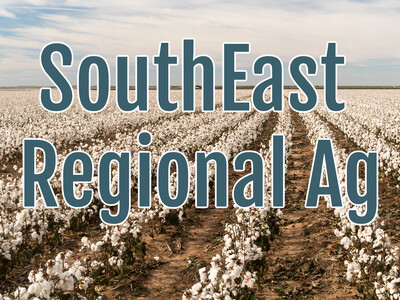Forest Health Restoration Project, Honeycrisp Event & USDA Program Payments
Forest Health Restoration Project, Honeycrisp Event & USDA Program PaymentsI'm Lacy Gray with Washington Ag Today.
A new pilot program to help Northeast Washington forest landowners apply commercial thinning to their property will now be offered by the Washington State Department of Natural Resources. The program provides an incentive of $100 to $200 per acre for lands found to be overstocked and in need of commercial thinning in the areas around Curlew, Kettle Falls, Orient, Republic, and Wauconda. In exchange, landowners would agree to conduct the restoration project on their land using guidelines developed by DNR. To participate in the project landowners must have a written stewardship plan. For more information contact Steve Harris, Landowner Assistance Manager with the DNR.
The Washington State Horticultural Association in partnership with WSU Extension and the Tree Fruit Research Commission provided growers with information on Honeycrisp apples through orchard tours in June and September, and will now be offering summaries of those tours at a third event December 5th in Wenatchee. Stephanie Chance with the Hort Association expounds.
CHANCE: It's going to start off giving summaries of these two orchard tours and then it's going to go into the economics of the Honeycrisp. It definitely outlines all the questions, all the establishment, costs, optimizing your site - it gives all the ins and outs of if you're going to grow this apple, this is what you can expect and this is the best way to do it.
For more information or to sign up for the event visit wahort.org
The USDA has begun distributing Conservation Reserve Program annual rental payments and 2013 direct payments and 2012 Average Crop Revenue Election program payments for crop barley, corn, grain sorghum, lentils, oats, dry peas, soybeans, and wheat to participants across the country. Payments originally were scheduled to be issued earlier in the month, but were delayed by several weeks due to the lapse in Federal funding.
That's Washington Ag Today.
I'm Lacy Gray on the Ag Information Network.




